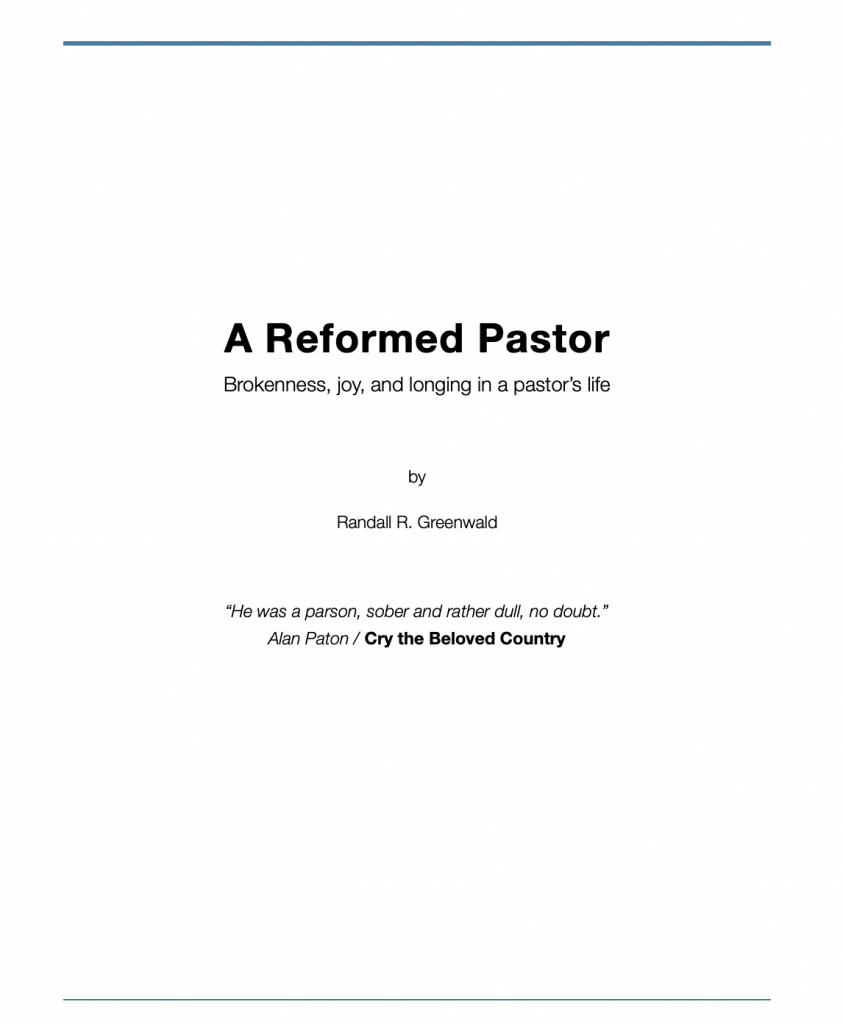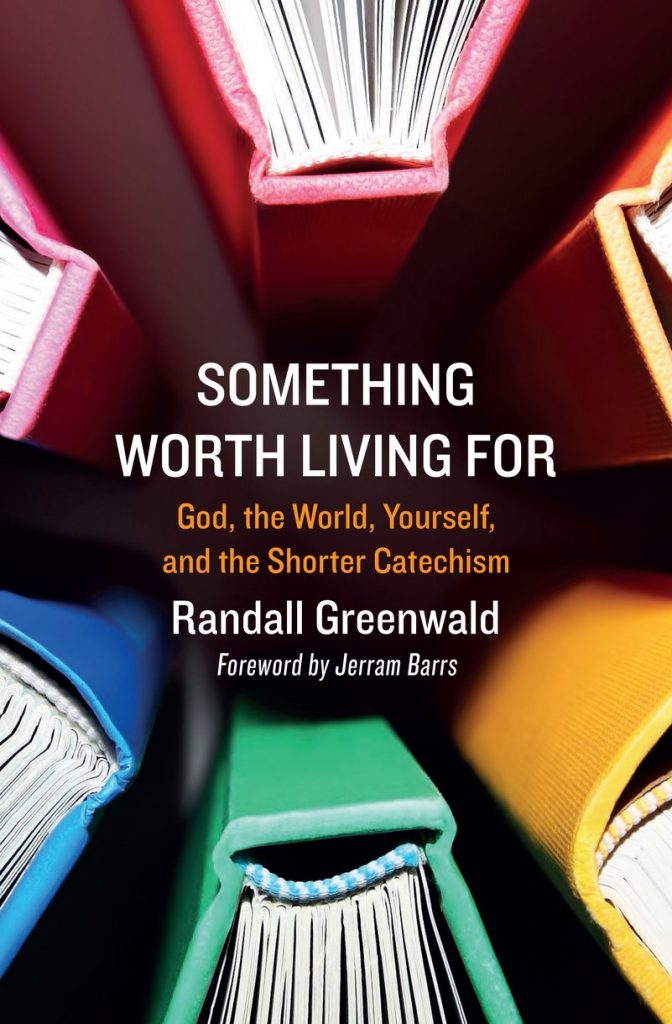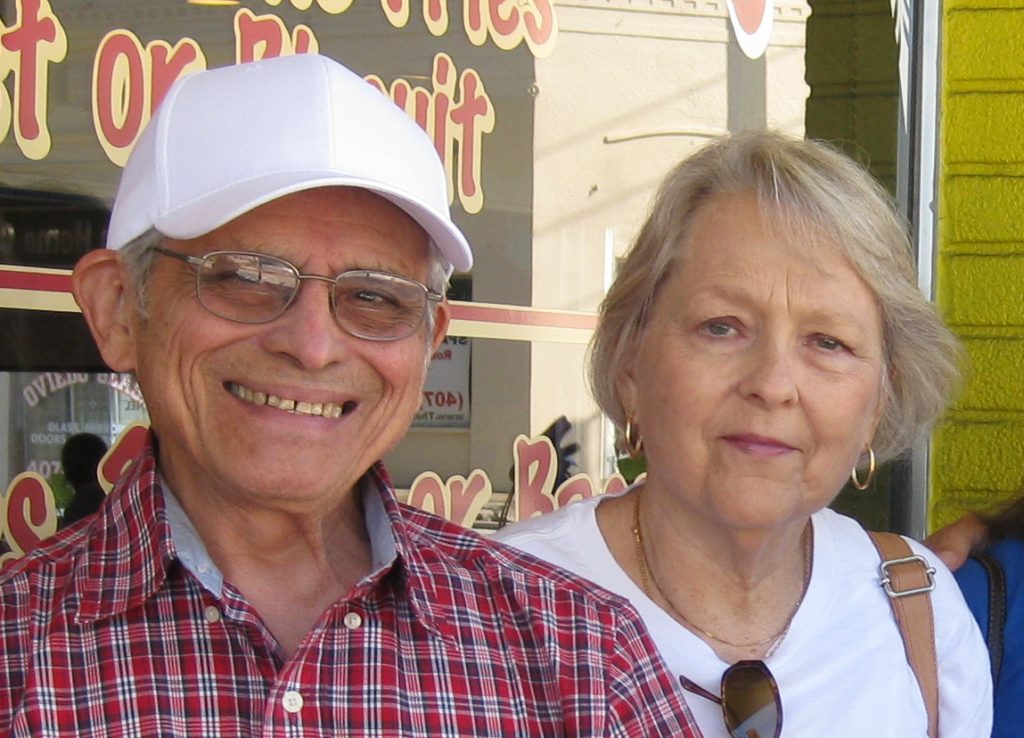My wise friend Lee asked on Twitter the following question:
“Can we order from somewhere other than the monopoly responsible for killing 90% of local bookstores?”
Lee, who was asking about my book Something Worth Living For, is opinionated as well as wise, as that tweet suggests. On this we are in agreement. I have gone on record (you can follow the argument beginning here) that I am engaged in a one person boycott of Amazon. Partly this is to preserve the existence and prosperity of local bookshops. And partly this is due to Amazon’s cavalier policy toward counterfeiting. I have not bought a book from Amazon for a year, other than to use gift cards given to me specifically for that purpose, and will never do so again if I can help it.
And yet as a writer, one whose own book will soon sit upon a virtual Amazon shelf, I’m aware of the power of that monopoly to sell books. Most who buy my book will buy it from Amazon. I direct people to Amazon because that will be the easiest source for most people. But for those willing to take a little bit more effort, I would be pleased if you would buy it elsewhere. (In fact, I think you should buy a copy from every source!) For example, other large, online retailers like Barnes and Noble and Books-a-Million are currently offering it for pre-order.
They are options. But there are others.
1) Ask for it at your local bookseller. If I’m not mistaken, the book will be available through normal channels of distribution and any local book seller should be able to get it. I love to encourage people to patronize their local bookshops and this is an opportunity to do so. This could have the benefit of drawing attention to the book and encouraging that store to stock it. And this will bring it to the attention of a wider public.
2) When I was researching online book buying options, I loved my experience with Hearts and Minds Bookstore, a Pennsylvania Christian bookseller with a vibrant online presence. If I were to order online, this would be among my first choices. Their catalog is selective and they do not currently carry it (something I will soon work to change). If others were to ask for it, the attention there would be appreciated. I bet they could get it and be persuaded to carry it.
3) If you want to pre-order and still support local bookstores, I encourage you to pre-order it from Bookshop.org. Not only does this online site return a percentage of sales income back to local bookshops, it is the only place online currently offering Something Worth Living For at a discount. This is a great source for books for those who do not have access to a local bookshop.
4) Currently one cannot pre-order from the Christian Focus web site, but when the book is released that will be possible, and CFP will be offering significant discounts on quantity purchases.
I am sure there are others.
So, yes, please, order the book, buy the book, purchase multiple copies of the book, from your local bookshop if you can, but elsewhere if that is what you do. As for Amazon, we cannot kill the Beast, but we can defund it a bit. And yet, I understand that Amazon is an option and for most, the easiest (which is why my wife has not joined me on my boycot).
At the end of the day, a book sold on Amazon is a book sold.
And while you are placing an order for Something Worth Living For, consider checking out A Living Hope: A Study of 1 Peter, written by Lee’s wife Sarah. He’d probably be happy even if you bought it from Amazon.



